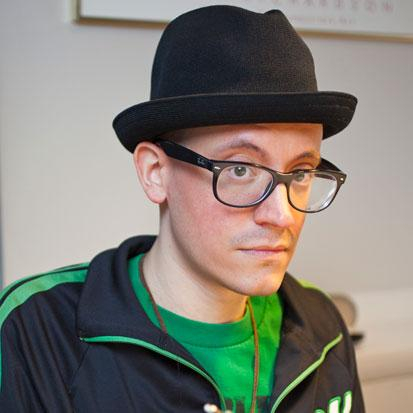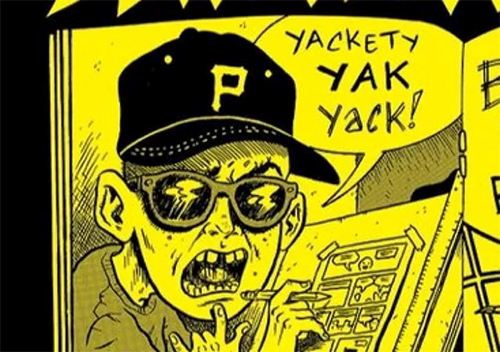The Death of Cartoonist Ed Piskor
By Hervé St-Louis
April 2, 2024 - 13:48
 |
Rugg and Piskor were the hosts of the popular Cartoon Kayfabe YouTube series where they reminisced about comics and cartoons, analyzed the art form, and interviewed cartoonists. Following the allegations, Rugg had professionally distanced himself from Piskor.
 |
Suicide is a serious matter, thus comments calling Piskor a coward for taking his own life fail to understand anomie. Suicide ideation can occur in any individual in moments of crisis and can come and go. Suicide ideation is not a permanent state nor has anything to do with hurting one’s family, being selfish, of committing sin, or breaking some kind of religious rule. Folks suffering from suicide ideation see little hope for a better future and cannot be bothered to “think of others” when they are struggling to survive.
Anomie affects anyone but tends to be more prevalent in certain groups such as single men, younger college-age adults, members of the LGBTQ community, and people with a history of suffering from mental health.
We at ComicBookBin had been fans of Piskor and wish his family and friends our condolences.
Saint-Louis, Hervé. 2021. "Understanding Cancel Culture: Normative and unequal sanctioning." First Monday 26 (7). doi:http://dx.doi.org/10.5210/fm.v26i7.10891.
Related Articles:
Hermeneutics, Cancel Culture, and Comics
